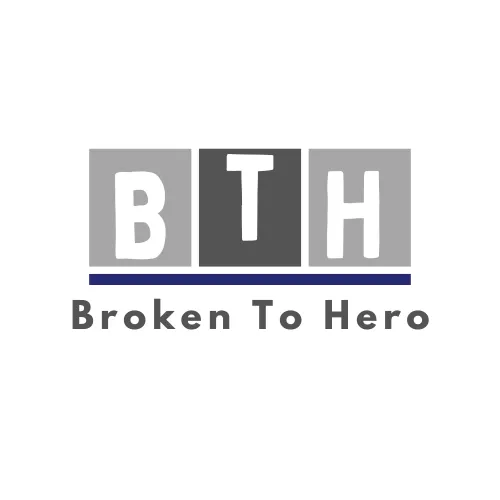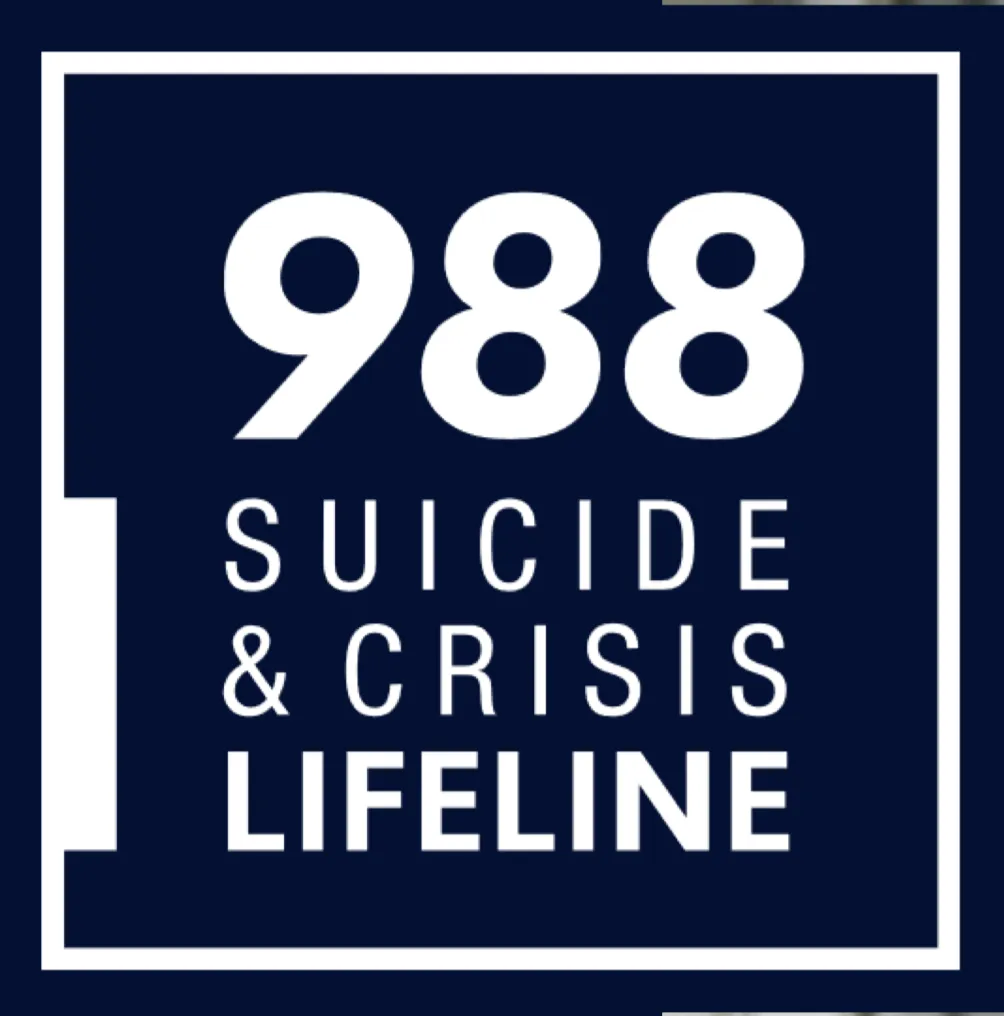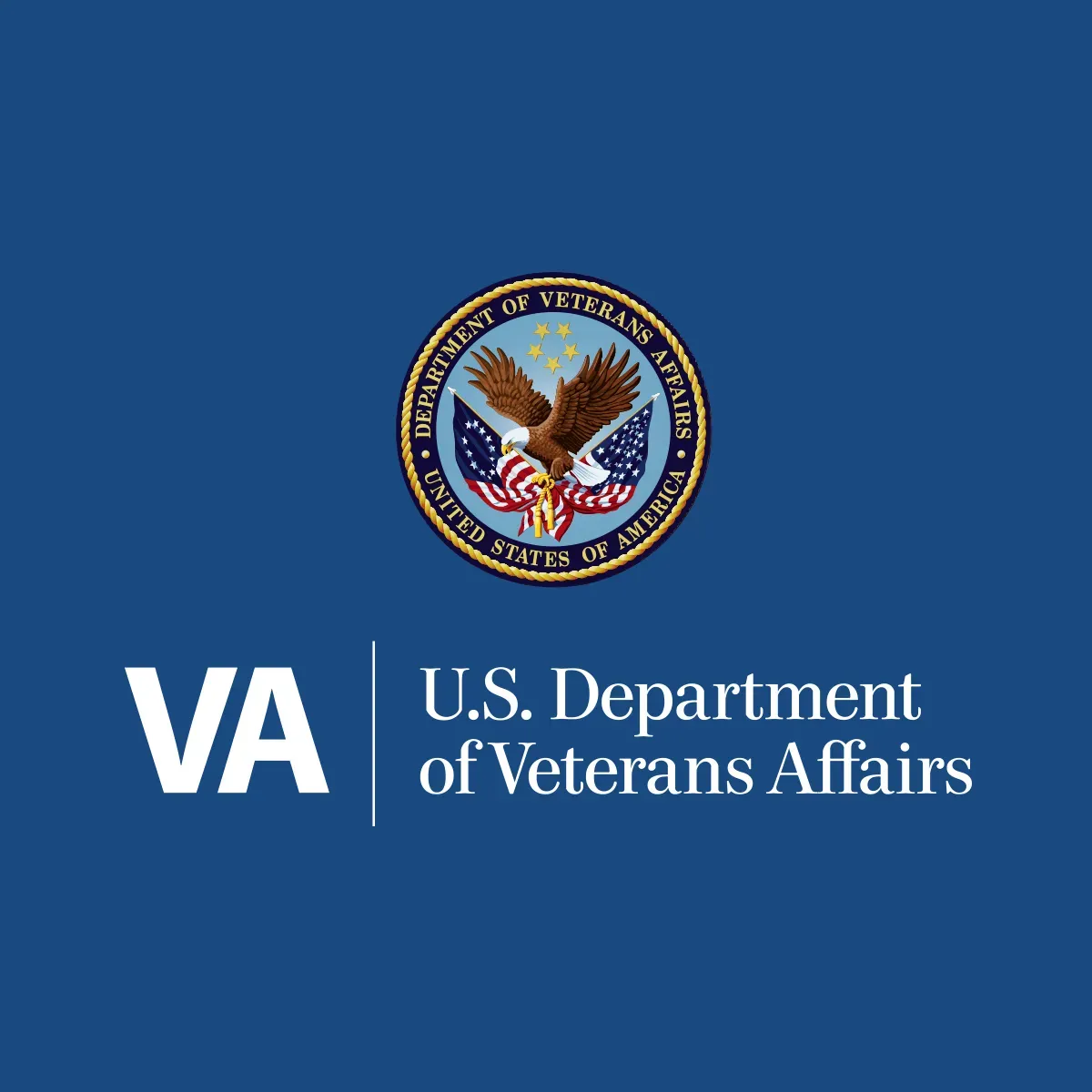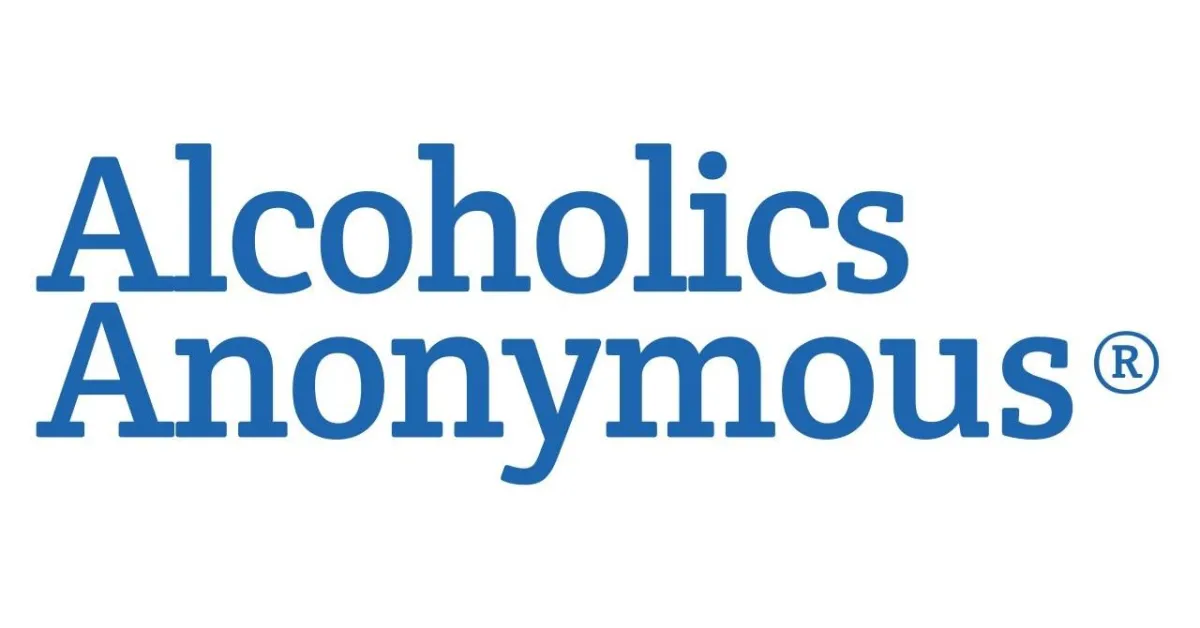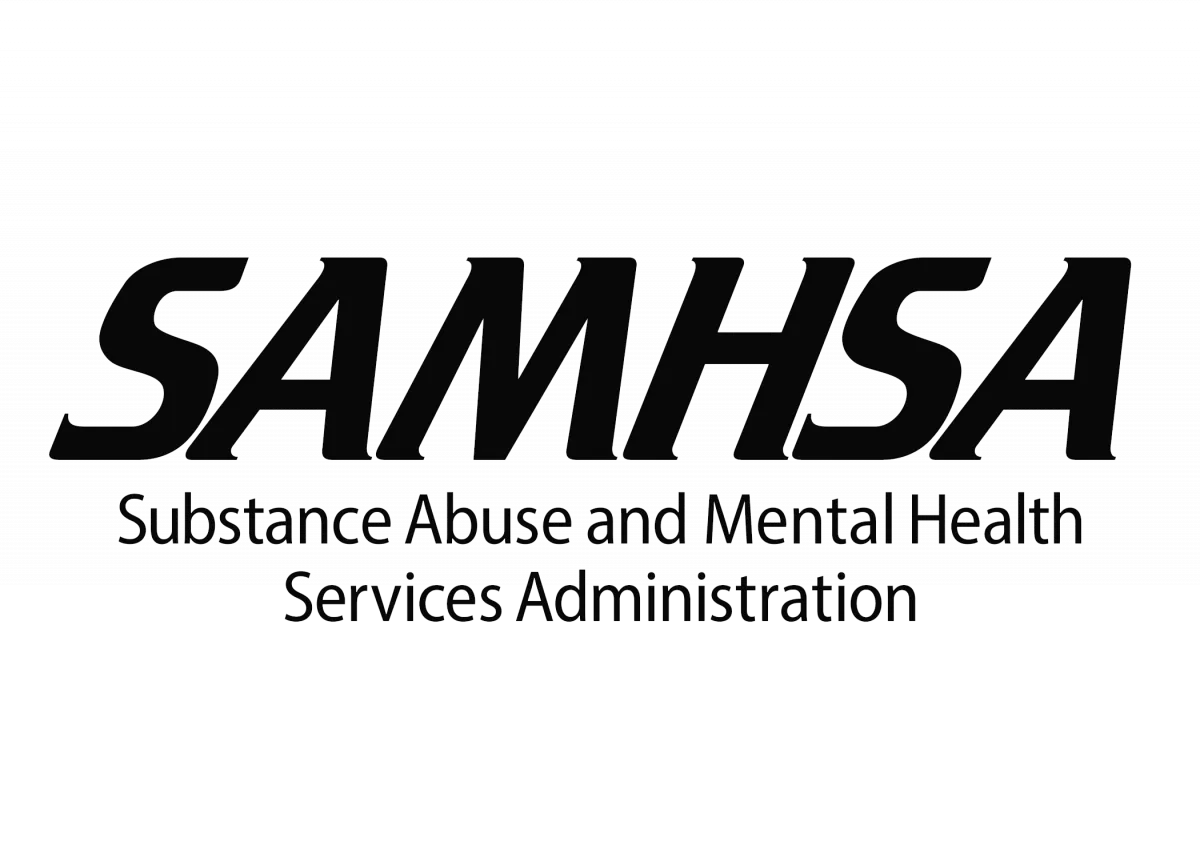FAQS
How does life coaching differ from therapy?
While both life coaching and therapy aim to support personal growth, they have distinct approaches. Therapy typically focuses on addressing past traumas, emotional healing, and diagnosing mental health conditions. On the other hand, life coaching is forward-focused, centered around setting and achieving goals, enhancing performance, and unlocking potential. If you're seeking to overcome specific challenges from your past, therapy might be more suitable. If you're looking to create a roadmap for personal or professional success, life coaching could be the right fit.
How often are coaching sessions conducted?
Coaching sessions frequency can vary based on your needs and preferences. Typically, we recommend starting with weekly sessions to establish momentum and make consistent progress. As you gain confidence and traction towards your goals, sessions might transition to bi-weekly or monthly. The flexibility of our approach ensures that the coaching frequency adapts to your evolving requirements, ensuring optimal support and accountability.
What if I'm unsure about my goals and direction?
It's completely normal to feel uncertain about your goals and direction. Our coaching process begins with an initial assessment where we'll work together to clarify your aspirations, values, and priorities. Through insightful questioning and exploration, we'll collaboratively uncover your passions and potential areas for growth. If you're not entirely sure about your goals, our coaching can help you gain clarity and chart a course that aligns with your authentic self. Remember, the journey towards clarity is an integral part of the coaching process itself.
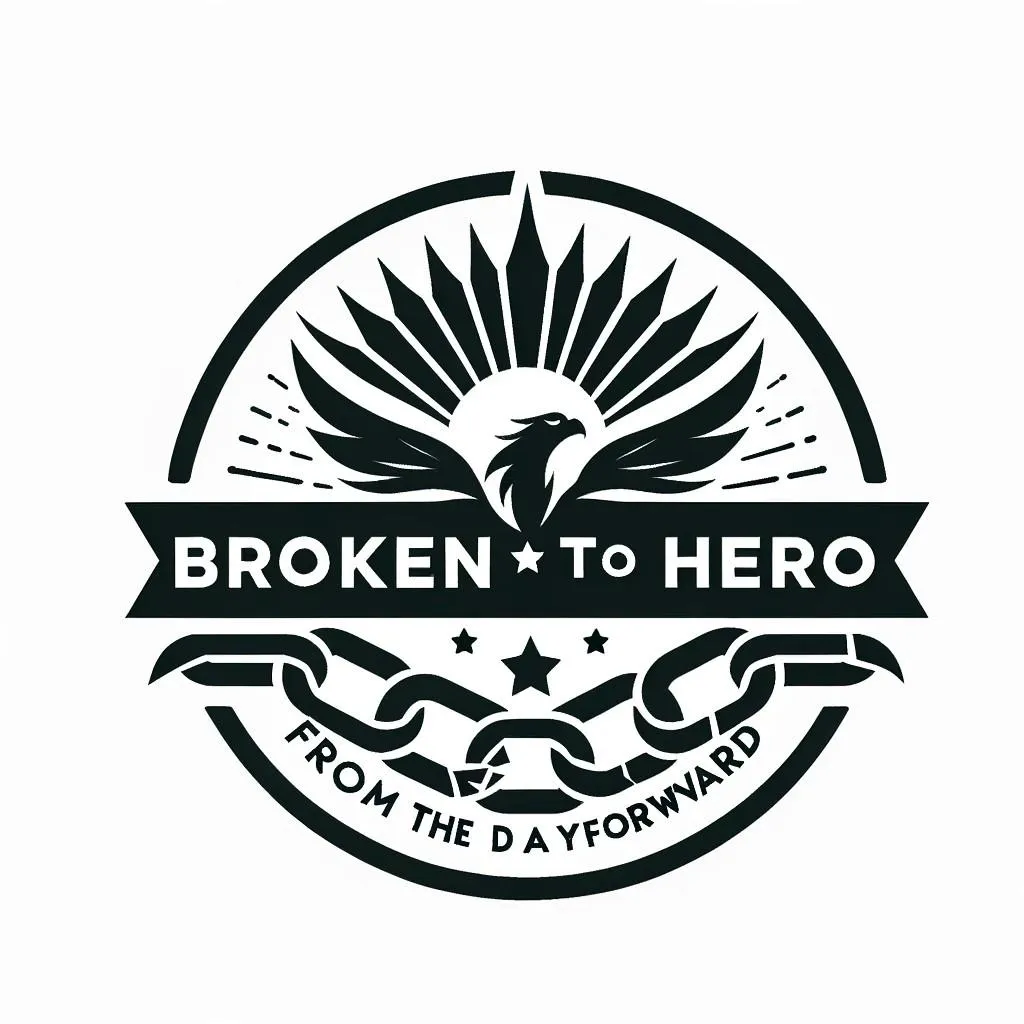
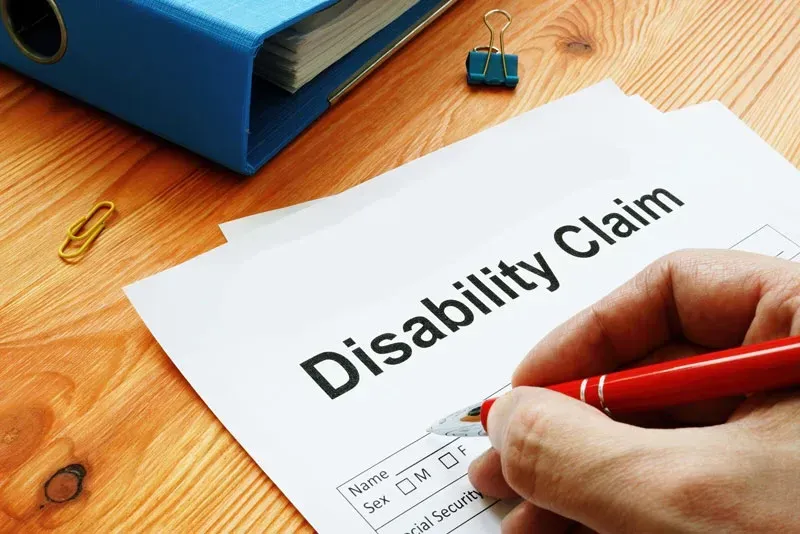
How to file a disability claim with the Department of Veteran Affairs (VA)
Filing a disability claim with the Department of Veterans Affairs (VA) involves several steps. Here's a comprehensive guide to help you through the process:
1. Prepare Your Claim
Gather Medical Evidence: Collect medical records, both military and civilian, that relate to your disability. This includes any treatment records and diagnosis documentation. Service Records: Obtain your service records that show when and where you served. Buddy Statements: Gather statements from fellow service members who can verify your claims.
2. Initiate the Claim
Online: You can file a claim online through the VA’s eBenefits portal. In Person: Visit a VA regional office to submit your claim. By Mail: Send your completed VA Form 21-526EZ, "Application for Disability Compensation and Related Compensation Benefits," to the VA Claims Intake Center.
3. Submit Your Claim
Ensure that all sections of the form are completed accurately. Attach all necessary documents, including medical records and service records.
4. VA Review Process
The VA will review your application to ensure it is complete. Evidence Gathering: The VA may request additional information or schedule medical exams (Compensation & Pension exams) to assess your condition. Rating Decision: The VA will evaluate your claim and assign a disability rating based on the severity of your condition.
5. Notification
You will receive a notification letter with the VA’s decision, including your disability rating and the amount of compensation you will receive.
6. Appeal (if necessary)
Notice of Disagreement (NOD): If you disagree with the VA’s decision, you can file a NOD within one year of the decision. Further Appeals: If needed, you can escalate your appeal to the Board of Veterans’ Appeals (BVA).
7. Compensation
Once your claim is approved, you will begin receiving monthly disability compensation.
Additional Tips:
Veterans Service Organizations (VSOs): Consider getting assistance from VSOs like the Disabled American Veterans (DAV), Veterans of Foreign Wars (VFW), or the American Legion. They can provide free help with your claim. Track Your Claim: You can track the status of your claim online through eBenefits or by calling the VA.
For detailed guidance, the VA’s website provides comprehensive resources and contact information for further assistance.
Available Help
988 Suicide and Crisis Lifeline We can all help prevent suicide. The 988 Lifeline provides 24/7, free and confidential support for people in distress, prevention and crisis resources for you or your loved ones, and best practices for professionals in the United States.
The United States Department of Veterans Affairs is a Cabinet-level executive branch department of the federal government charged with providing lifelong healthcare services to eligible military veterans at the 170 VA medical centers and outpatient clinics located throughout the country.
Find A.A. Near You This website does not contain a meeting finder. Contact one of the A.A. resources below for a meeting list in that location and the surrounding area.
The Online Intergroup of Alcoholics Anonymous, or OIAA, is an International service organization established in accordance with the Ninth Tradition of Alcoholics Anonymous A.A., specifically for the purpose of assisting online.
A simple, supportive approach to mental health care. Find a therapist who fits your needs and takes your insurance.
NAMI is the National Alliance on Mental Illness, the nation’s largest grassroots mental health organization dedicated to building better lives for the millions of Americans affected by mental illness.
If you or someone you know has a mental illness, is struggling emotionally, or has concerns about their mental health, there are ways to get help.
The Substance Abuse and Mental Health Services Administration (SAMHSA) is the agency within the U.S. Department of Health and Human Services (HHS) that leads public health efforts to advance the behavioral health of the nation and to improve the lives of individuals living with mental and substance use disorders, and their families.
The National Network of Depression Centers (NNDC) develops and fosters connections among members to use the power of our network to advance scientific discovery, and to provide stigma free, evidence-based care to patients with depressive and bipolar illnesses.
